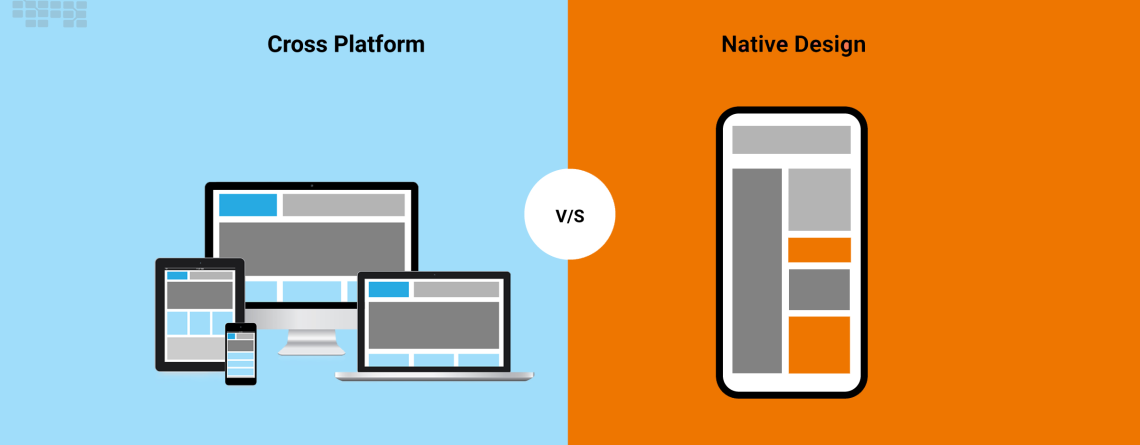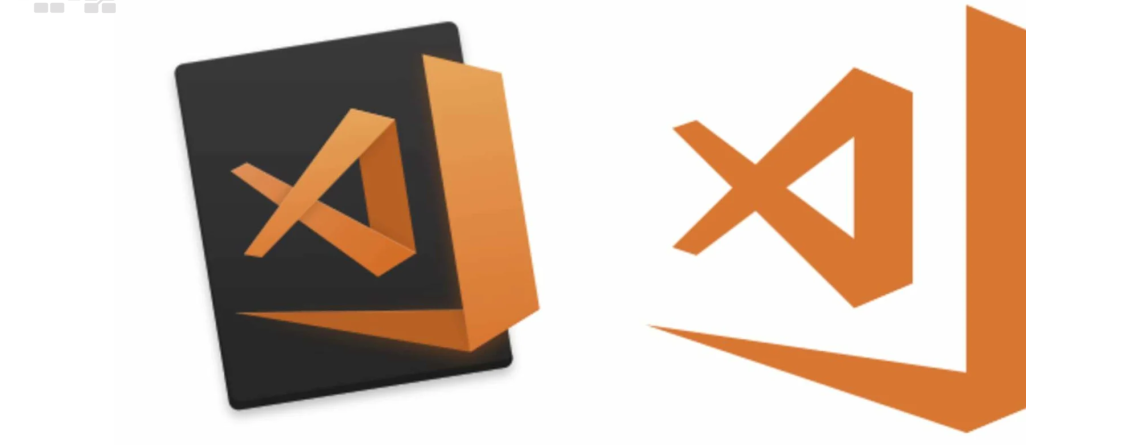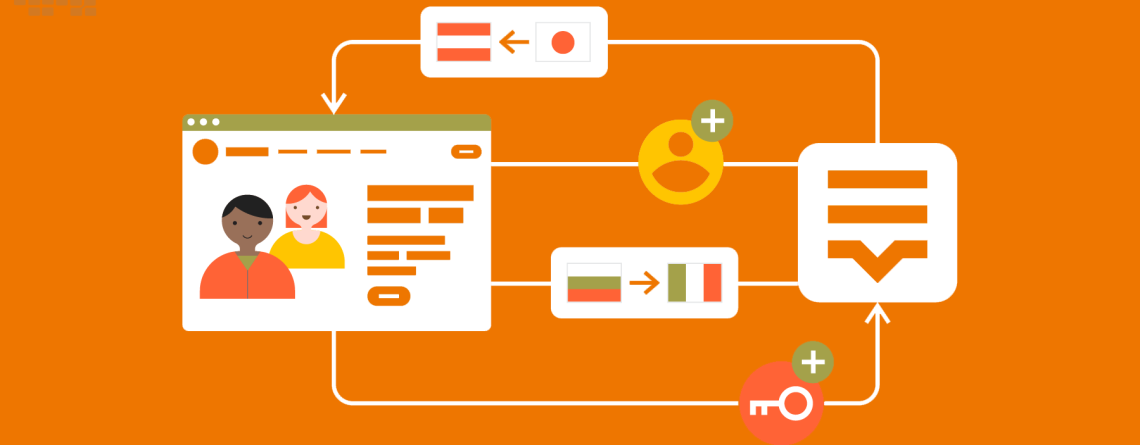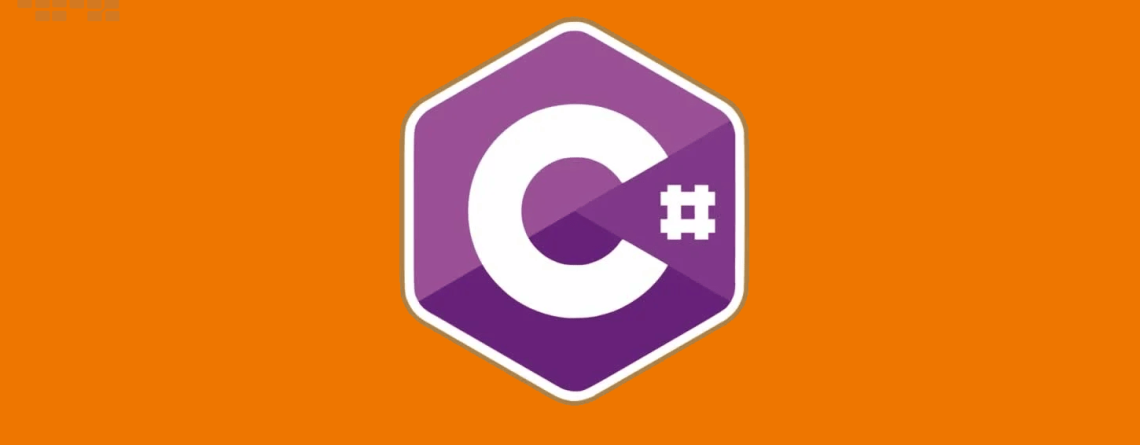Mobile App Development: Choosing Between Native and Cross-platform
Businesses confront the vital dilemma of picking the proper strategy for constructing their apps in the fast-paced world of mobile app development. With the increased demand for mobile apps across several platforms, the decision between native and cross-platform development is critical. Nile Bits, a renowned mobile app development firm, recognizes the significance of this...







